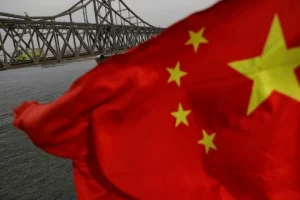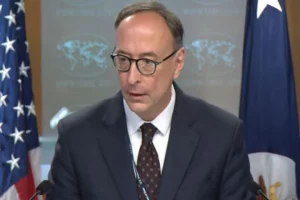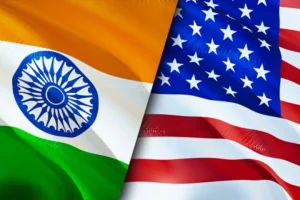As the geoeconomic dynamics take a turn with the situation in Afghanistan, India is aggressively looking to expand its bilateral trade deals to boost its exports sector. However, experts said that the pacts must be signed in a time-bound manner.
Compared to multilateral trade deals, bilateral agreements are relatively less cumbersome to conclude, experts said.
“We urgently need to enter into bilateral trade agreements with Europe and United States, any further delay will push us behind countries like Bangladesh and some other South East Asian countries like Indonesia. And focus on some of the US and European manufacturing facilities shifting to India from China, and is likely also, our interests will be served better,” BJP’s spokesperson Gopal Krishna Agarwal told India Narrative.
Also red: RCEP-the mega trade deal may have a short shelf-life as US mounts pressure on China
India exited the much-hyped Chine-led Regional Comprehensive Economic Partnership (RCEP) last year.
Importantly, India has not signed any free trade agreement since 2012. However, the shifting geopolitical order has made it imperative for New Delhi to move fast on bilateral trade deals including the ones with the European Union and US.
On May 8, India and EU decided to resume negotiations for a mutually beneficial trade agreement as well as to start negotiations on a standalone investment agreement.
The EU is one of India's largest trading partners, accounting for Euro 62,8 billion worth of trade in goods in 2020 — 11.1 per cent of total Indian trade, after China (12 per cent) and the US (11.7 per cent). According to the European Commission, trade in goods between the EU and India increased by 72 per cent in the last decade.
Earlier this year, the EU decided to freeze its investment agreements with China due to concerns over human right abuse in the Xinjiang region.




















